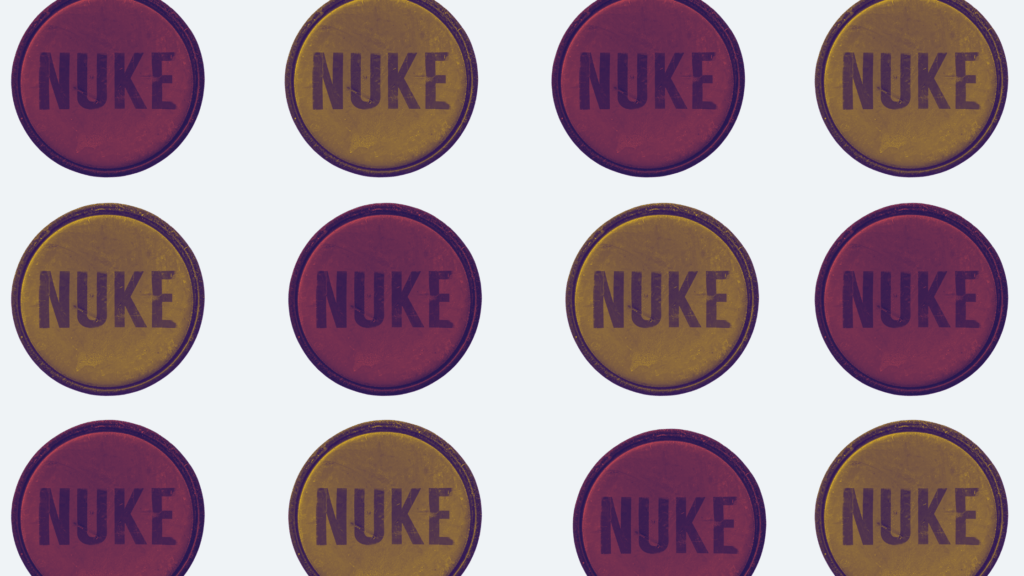Amidst heightened tension in the current global scenario which might probably lead towards a devastating nuclear war, India has a very important question lying on its table to take on the role of deterrence and playing a significant and central role in ridding the world of nuclear weapons. Although we have a law stated by the UN which was passed in January 2021 by 122 members of the UN General Assembly on the Prohibition of Nuclear Weapons (TPNW), the main question remains: is that enough for achieving the task of nuke free world and acquiring peace, harmony, and security?
The treaty in action would even prohibit the possession of nuclear weapons. India had not voted in the support of this treaty. Neither have we seen our country making any major attempts toward global nuclear disarmament. However, India has always stated that ‘its nuclear weapons were based on staggering and punitive retaliation’ and follows the ‘no first use nuclear policy.’ The frozen take and approach of India on this issue sharply contrasts with the policies of the leaders in the past. Mahatma Gandhi, JL Nehru, and Indira Gandhi were highly vocal about the possession, threat, and use of nuclear weapons. Rajiv Gandhi also made attempts in front of the UN by putting out steps to achieve a nuclear-free- nonviolent world and preventing the chances of unnecessary chaos. Pranab Mukherjee, as the foreign minister in 2006 proposed a summary of this objective and how it could be attained and implemented within a definite timeline.
A Diplomatic Resolution of the Cause
Ever since 2014, India has not been very vocal about the issue and has taken a backward policy instead of coming up with an action plan and a blueprint. In today’s global scenario, there are a majority of non-nuclear states who perceive and wish for a world that is free of weapons of mass destruction and global violence. This must be the time when we become the de facto nuclear weapon-possessing state to speak up for the elimination of the destructive poison of mass destruction. It is the best of times to return to the harmonious stand that our nation once took for the cause.
By taking a firm position on this chaotic issue, India will become the first state to vocalize about the elimination of nuclear weapons while being capable of it and having a stockpile of nuclear power. By going with the peace prevailing tide that desires a nuclear-free world, India can communicate its intention of reducing the complicated command and control system, and applying the approach of diplomacy and peacemaking. It would be an act of statesmanship that India must realize and act upon now. A quick diplomatic action towards the issue can wave off and disperse the war clouds ‘gathering over the horizons.’ Prime Minister Modi’s statement of “today’s era must not be of war” was recalled many times on global and diplomatic platforms. Our honorable Prime Minister in the recent G20 summit at Bali described India as the “holy land of Buddha and Gandhi” and said that he is anticipating the next summit of which India will be the host to be the “harbinger of peace to the world” promoting the motto of “One Earth, One Family, One Future.”
Taking on the Vanguard Role
By coming forward to resume its vanguard role on the issue that is a global task on India’s table, our state would not only be making a statement of its country’s diplomacy but will also bring to light the issue of ruined global supply chains which is caused primarily by the disruptions of war and the impact it has on the poor. A diplomatic policy of eradicating the crisis of essential goods that brews over the world with just the threat of mass destruction must be included in the agenda for the next summit. The intentions and talks must be kept forward by keeping in the mind the severe challenges that the poor citizens face in every country and the impact it has on the global scenario and its anticipation of peace and harmony. With a budget of millions being spent on war and nukes the global capacity of dealing with crises as grim as financial, environmental, and food shortages are increasingly worsened.
Indian policymakers must realize the need to review the nation’s approach toward nuclear doctrine and the cognizance of the costs that are spent in the possession of these destructive weapons. A sound policy could be ensured if the costs and benefits of it are widely discussed and debated and the peaceful shift it can create in the world through India. Along with a take on the cause, India must be prepared to take steps to gradually review and revise its policy and position of ‘active deterrence’ to ‘dissuasive deterrence’ by developing its infrastructure along the border and systematically improving the surveillance and warning capabilities among many other things.

